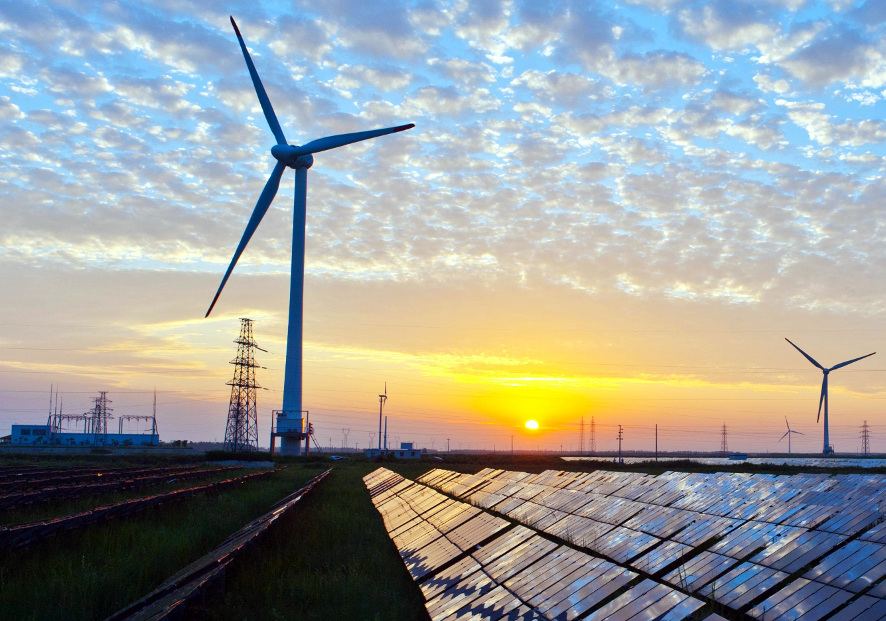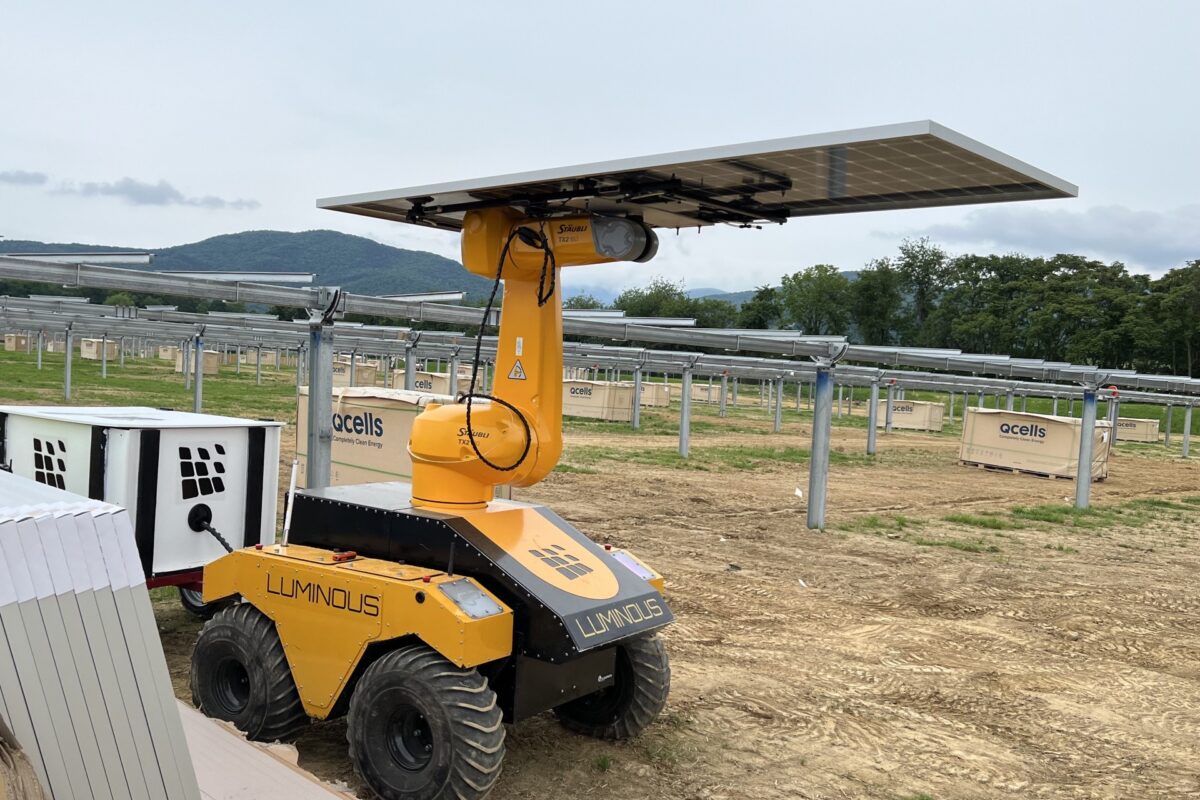From pv magazine India
Year 2019 is set to see more corporate PPAs for clean energy signed globally than last year. Till July this year, PPAs were signed for 8.6 GW of clean energy, with the U.S. making up 69% of the deals—according to BloombergNEF’s H2 corporate energy market outlook report.
U.S. corporations bought 5.95 GW of clean energy in 2019, closing in on the 2018 total. Notably, just 1 GW of the deals came from green tariffs with regulated utilities.
Activity in India is down in 2019 so far, but it’s still the largest market in Asia-Pacific. Notably, in 2018, the nation saw 1.3 GW of renewable energy secured for business through private PPAs, almost twice as much as the volume recorded in Australia.
“India is cooling after a rush to capture subsidies in the state of Karnataka last year, but it still saw 501 MW of corporate PPAs through July, making up 69% of all 2019 activity in the region. Several key acquisitions for domestic developers that specialize in commercial and industrial renewables means India will likely remain the region’s largest market in the near future,” according to BloombergNEF analysts.
EMEA market
Businesses purchased just 950 MW of clean energy through PPAs in Europe, Middle East and Africa (EMEA) market, which was the world’s second biggest in 2018 with a total 2.3 GW.
“The Nordics, which typically sets the pace for the region, saw just 300 MW of deals, though several solar PPAs in Sweden are the first of their kind,” read the report.
“There is excitement in new European markets like Poland and France, and a groundbreaking deal was signed by an oil and gas company in Oman. Otherwise, the region continues to be underwhelming as a whole,” it added.
China: New policies to drive demand
China is going to roll out two game-changing policies that will create more corporate demand and give companies flexibility in how they procure renewables. The first, a renewable portfolio standard, mandates that corporations meet a percentage of their load with renewables. The second, a prosumer model, allows companies to sell excess generation from their own clean energy projects to neighboring sources of demand.
RE100 club facing shortfall
RE100 members—the world’s most influential companies, committed to 100% renewable power—will need to buy an extra 189 TWh of clean power in 2030 to hit targets.
“Despite 33 new companies joining the RE100 in 2019 through July, for a total of 191 signatories, the group is collectively facing a shortfall of 189 TWh in 2030—1 TWh less than BloombergNEF’s previous forecast,” forecast the report.
Existing RE100 members signed deals for an estimated 7.8 TWh of clean electricity, outpacing the demand from new signatories overall.
“Should these companies meet their 189 TWh shortfall through solar and wind PPAs, it would catalyze an additional 94 GW of renewables build, leading to $97 billion of new investment,” estimated the report.
This content is protected by copyright and may not be reused. If you want to cooperate with us and would like to reuse some of our content, please contact: editors@pv-magazine.com.








In just the last three years the competitive bid process has been bringing prices down for alternative energy generation projects. Just a few years back one was getting PPAs for solar PV or wind generation in the $40 to $60/MWh range. Just recently one bid claimed generation for $38/MWh and a month later another claimed $31/MWh. Now solar PV or wind generation with energy storage can be constructed for that $40 to $60/MWh. By next year? How much can one construct and how low can it go?